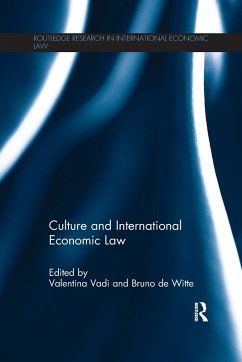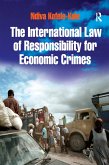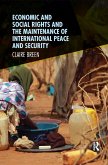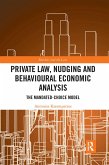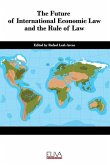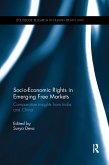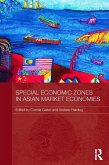Globalization and international economic governance offer unprecedented opportunities for cultural exchange. Foreign direct investments can promote cultural diversity and provide the funds needed to locate, recover and preserve cultural heritage. Nonetheless, globalization and international economic governance can also jeopardize cultural diversity and determine the erosion of the cultural wealth of nations. Has¿an international economic culture emerged that emphasizes productivity and economic development at the expense of the common wealth? This book explores the 'clash of cultures' between international law and international cultural law, and asks whether States can promote economic development without infringing their cultural wealth. The book contains original chapters by experts in the field. Key issues include how international courts and tribunals are adjudicating culture-related cases; the interplay between indigenous peoples' rights and economic globalization; and the relationships between culture, human rights, and economic activities. The book will be of great interest and use to researchers and students of international trade law, cultural heritage law, and public international law.¿
Hinweis: Dieser Artikel kann nur an eine deutsche Lieferadresse ausgeliefert werden.
Hinweis: Dieser Artikel kann nur an eine deutsche Lieferadresse ausgeliefert werden.

